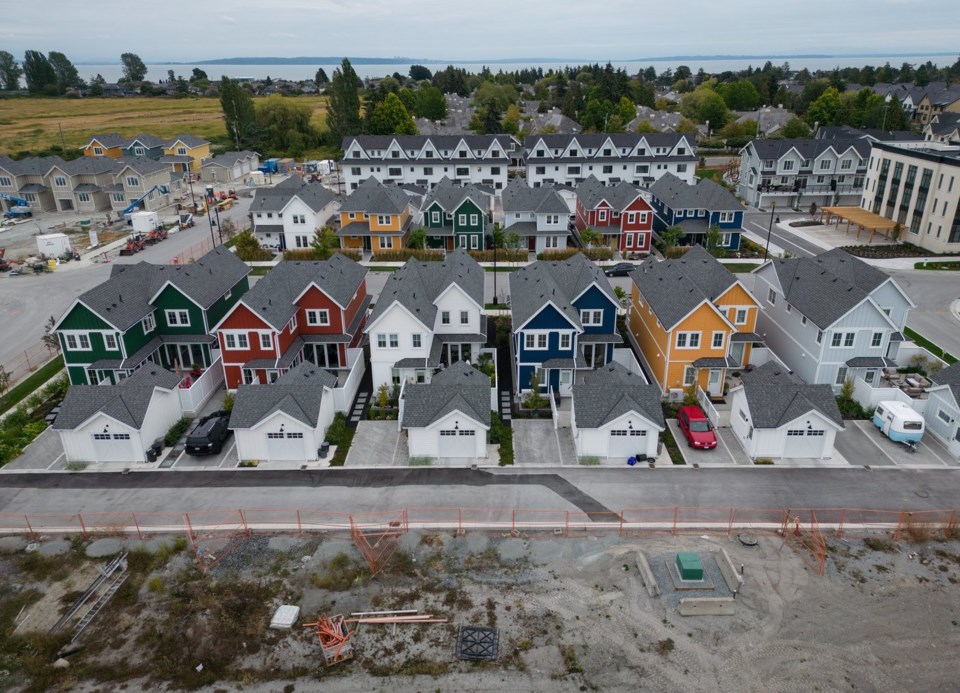OTTAWA — The number of Canadians in need of affordable housing is still rising despite billions in federal spending to tackle housing affordability, the parliamentary budget officer said in a new analysis published Thursday.
The report says 2.4 million Canadian households are now in "core housing need" — 662,000 more than when Canada launched its national housing strategy in 2017.
The national housing strategy aims to pull 580,000 households out of core housing need, or reduce their need, by 2028. But the PBO's latest projections say the government is nowhere near reaching that goal.
The PBO projects there will actually be 926,000 more households in core housing need by 2028, compared to the launching of the housing strategy in 2017.
The PBO did acknowledge, however, that without the government's affordability measures, another 78,000 households would have been in core housing need by 2027.
The term "core housing need" is an affordability measure which means a household is living in a home which is in major need of repair, doesn't have enough bedrooms, or where costs — including utilities, property tax, rent or mortgage — are more than 30 per cent of a household's gross income.
The household also must be located in a community where the median cost of a home is more than 30 per cent of the household's gross income to be considered in a core housing need.
The PBO said one factor driving unaffordability for families that own their home is higher interest rates when they renew their mortgage.
"Although the policy interest rate has been cut in 2024 and we expect the policy rate to continue to decline, the average interest rate for outstanding mortgages is expected to remain higher than in 2017," the report said.
For renters, the PBO said the rising costs come from rising demand — partly from immigration — along with a continued shortage of housing stock since there was a delay in housing starts to match the rising demand.
The PBO said Canada's recently revised immigration targets should reduce the pressure on rising rent prices.
The report also tallied how much the government has been spending on housing affordability programs.
"Over the 10-year term of Canada’s national housing strategy, Canada plans to spend an average of $6.1 billion annually on programs to address housing affordability," the report said.
Factoring in inflation, the PBO said that is a 50 per cent increase in spending compared with 10 years before the strategy launched.
It works out to about $168 per person every year.
"Today’s PBO report shows that, after decades of federal inaction on housing, our federal government is making historic investments to solve the housing crisis," Housing Minister Sean Fraser's office said in a statement.
The Conservatives took aim at the Liberals and the NDP, referring to the situation as "housing hell."
"Justin Trudeau promised to fix the core housing need of 530,000 households by 2027. But instead, things are only getting worse," Poilievre's office said in a statement.
This report by The Canadian Press was first published Dec. 12, 2024.
Nick Murray, The Canadian Press




